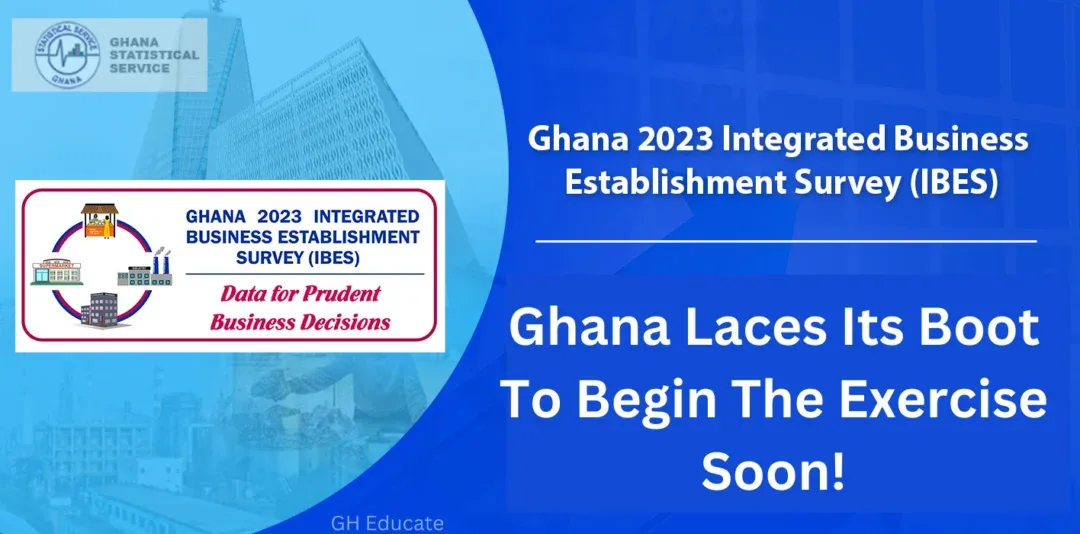As a matter of clarity within the educational sphere, the Ghana Education Service (GES) has introduced guidelines for Parent Associations in pre-tertiary schools across Ghana. These guidelines will influence the activities of both Basic Schools and Senior High/Tech and TVET Schools in the country.
This article aims to provide Educational Administrators, Teachers, Parents, Students, and all stakeholders with a comprehensive understanding of these new developments.
The document begins by referencing Article 25(1) of the 1992 Constitution, a foundational legal provision that enshrines the right to equal educational opportunities and facilities for all individuals in Ghana. This constitutional provision lays the groundwork for the subsequent discussion on the government’s commitment to realizing these rights through policies such as Free Compulsory Universal Basic Education (FCUBE) and Free Senior High School (Free SHS).
Government Initiatives and Challenges
The Ghana Education Service (GES) takes center stage as the implementer of these policies, aiming to make basic education free, compulsory, and universally accessible. The document unveils the challenges faced in the past, specifically within Parent-Teacher Associations (PTAs). It narrates the evolution of PTAs and the government’s intervention in 2013, when school Heads were incorporated as signatories to PTA accounts, introducing financial transparency and accountability.
The narrative takes a critical turn as challenges within PTAs are revealed. Levies imposed by some PTAs emerged as significant stumbling blocks, hindering the government’s ambitious goals of ensuring universal access to education, particularly at the Senior High School level. Outrageous levies posed a threat to the very essence of the Free SHS policy, leading to some students being denied access to academic resources and structures.
Management’s Strategic Response
In light of these challenges, the GES Management responded strategically. The suspension of levies across all schools was a pivotal decision, aimed at dismantling barriers to education and ensuring that no student was left behind due to financial constraints. Simultaneously, there was a proactive move to reorganize PTAs into Parent Associations (PAs). This restructuring aimed to streamline the involvement of school management and staff in PA affairs, aligning with the broader objective of fostering an environment conducive to accessible and quality education.
The Details of PA Guidelines
The core of the document revolves around the detailed guidelines formulated by the GES Management for the operation of PAs in pre-tertiary schools. These guidelines serve as a blueprint for autonomy, transparency, and effective collaboration between PAs and school management.
- Membership Criteria: The guidelines emphasize that PA membership is exclusively open to parents or guardians of students in the respective school, ensuring a direct connection between the association and the students’ families.
- School-Based Associations: Each PA is tied to a specific school, a deliberate move to create localized and focused support structures for individual educational institutions.
- Autonomy and Transparency: PAs are designed to be autonomous entities with the power to elect their executive officers independently. This autonomy extends to financial matters, as PAs operate their accounts independently of school management, subject to periodic audit for transparency.
- Exclusion of Students: A crucial stipulation is the exclusion of students from PA membership, emphasizing that no student should face consequences for non-payment of PA-related dues, safeguarding their right to education.
- Staff Participation and Limitations: While staff can be members, the guidelines caution against using official roles to influence PA activities. This ensures that the dual roles of staff as both educators and parents are balanced appropriately.
- External Relations: PAs are granted the freedom to engage with external entities, but with a clear directive that such relations should not impinge on the school’s autonomy or interests.
- Project Undertakings and Naming: PAs are encouraged to initiate projects for school development, with a significant caveat that once completed, the school assumes control. Recommendations for naming projects are subject to the established procedures of the Ghana Education Service.
- Support to Teachers and Non-Discrimination: PAs may provide support to teachers through incentive packages without discriminating against students. This ensures that educational support remains impartial and doesn’t disadvantage any student based on their persnoal interest.
- Access to PA Projects: The guidelines assert that no student should be denied access to facilities or structures donated to the school by the PA. This reinforces the principle that educational resources should benefit all students, regardless of their families’ involvement in the PA.
- Fundraising without Student Levies: PAs are encouraged to explore fundraising avenues but are explicitly prohibited from levying students. This measure aligns with the broader government policy of providing free education and ensures that financial constraints do not impede a student’s right to learn.
- Individual Support to Schools: Acknowledging individual contributions, the guidelines specify that parents can make donations or contributions to the school, emphasizing that such generosity should not confer preferential treatment to any student.
- Legal Responsibility and Use of School Name: The document clarifies that the school is not legally responsible for the actions of the PA. While PAs may use the school’s name for identification, it is explicitly stated that this should not imply any legal responsibility on the part of the school for PA activities.
- Official Relationship and Accountability: The guidelines delineate the official relationship between schools and PAs, emphasizing that school management may participate in PA activities without incurring liabilities. PAs are also allowed to engage in school activities without imposing obligations or responsibilities.
- Financial Accountability: A significant aspect of the guidelines involves financial accountability. Each PA is expected to operate a bank account subjected to periodic audits. Regional Directors of Education play a role in ensuring audit reports are submitted to the Director-General of GES for necessary actions.
In Summation
This comprehensive exploration of the PA guidelines serves as a roadmap for PAs to operate effectively, ensuring that their contributions align with the broader goals of accessible, compulsory, and quality education for all Ghanaian children. The commitment to financial transparency, autonomy, and non-discrimination is evident throughout the document, reflecting a concerted effort to create a robust and equitable educational system in Ghana.
Subscribe to gheducate.com for more information. Don’t forget to share




